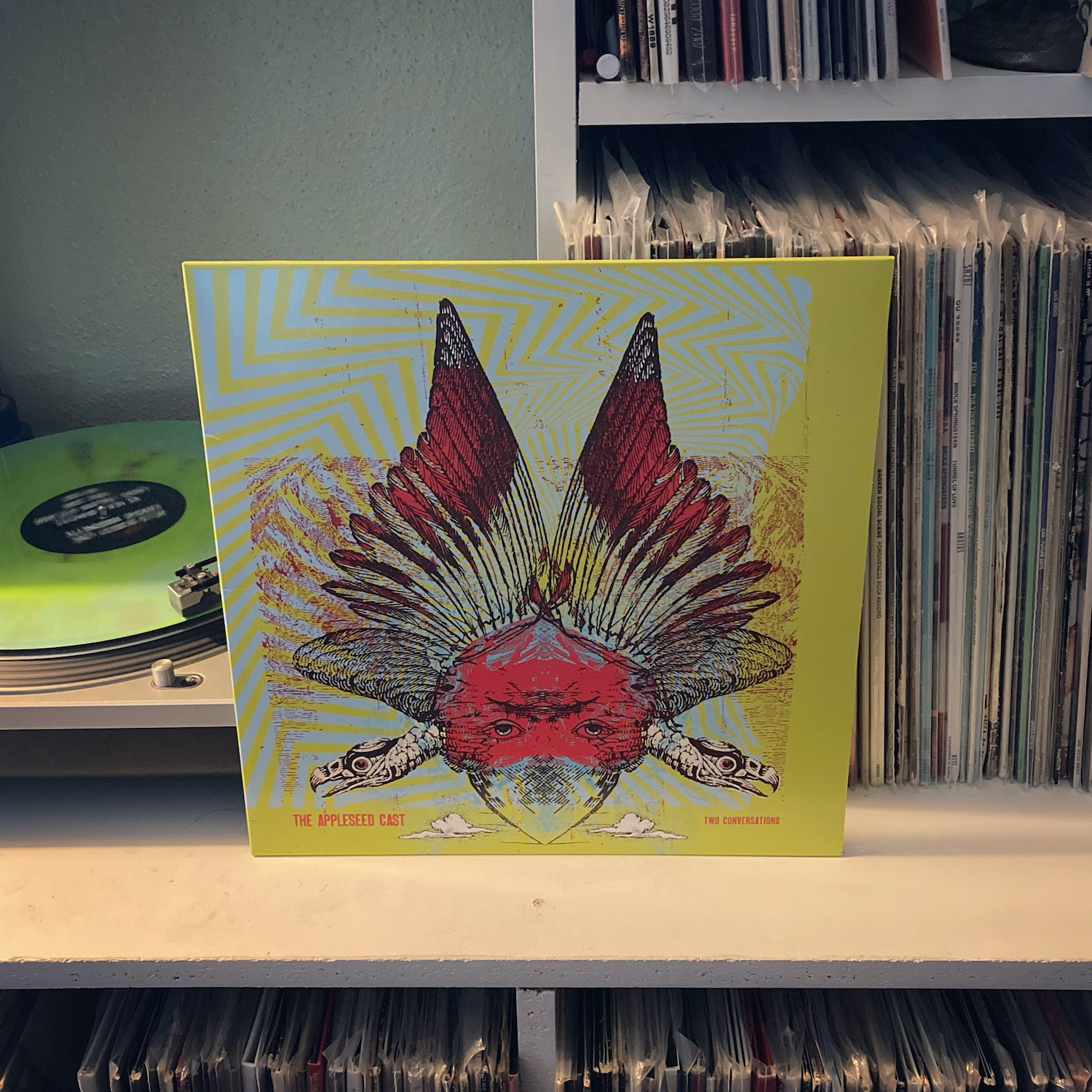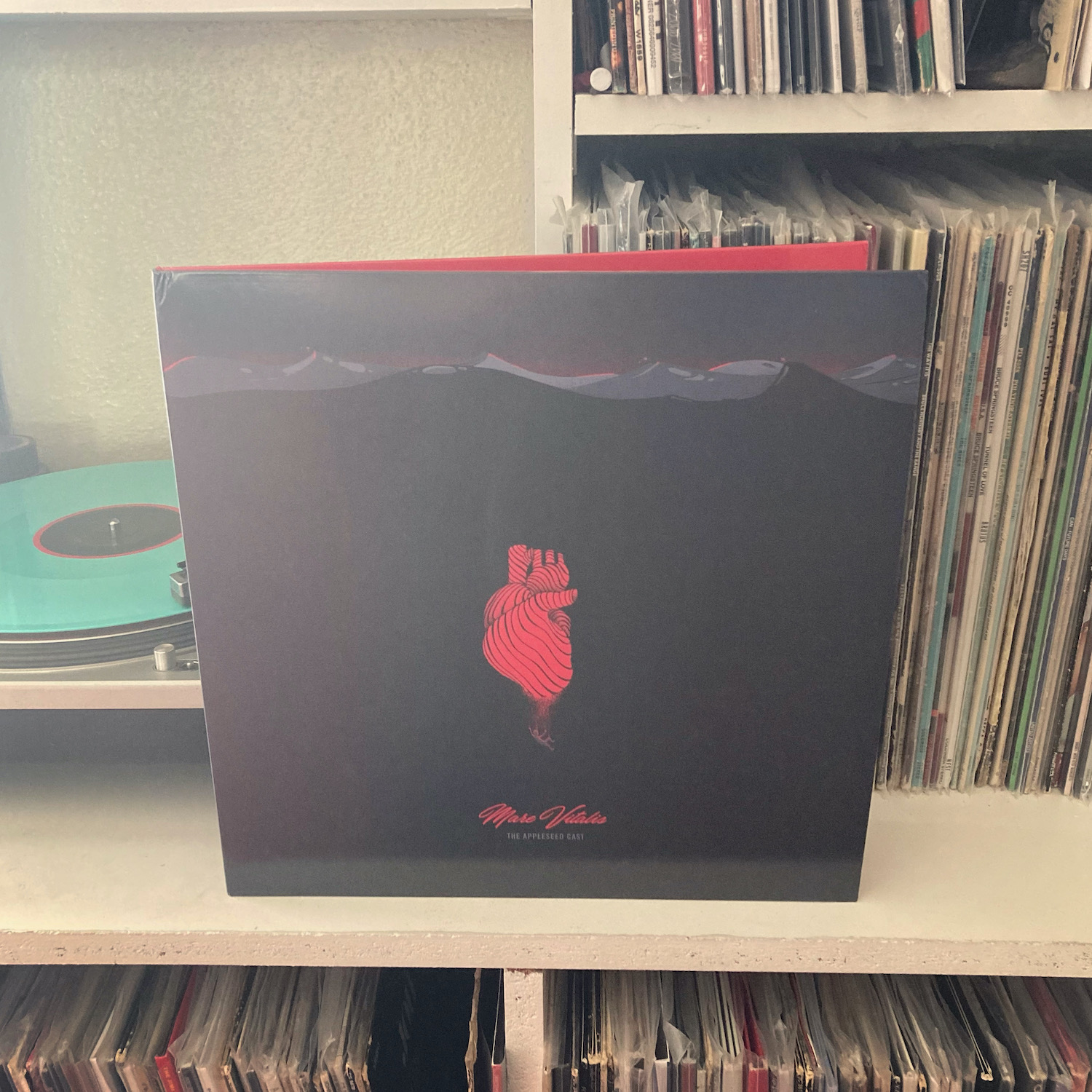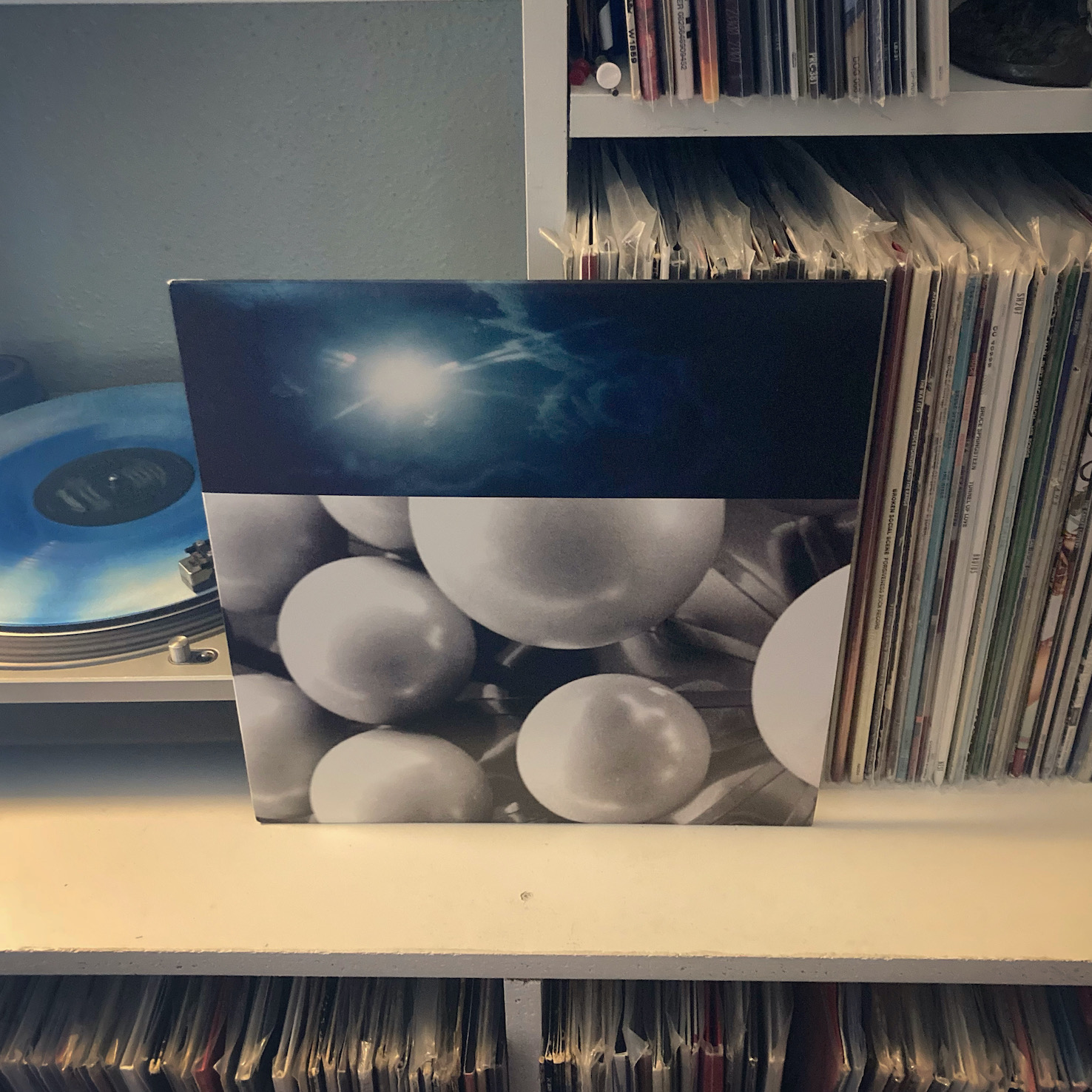
I’ve been a fan of Omaha’s Cursive for quite a while. I picked up a CD single of “Art is Hard” from my local music store in 12th grade, and I spun those two songs on repeat for weeks. I downloaded several songs from Domestica on LimeWire and burned them to my one of my many emo mixes. Through my “serious music fan” phase in college, The Ugly Organ was one of the few emo records that I still listened to regularly.
But as much as I love those records, I’ve never dug too deep into their earlier material. That is, until I bought a box of classic records from my friend Stephen that included most of the Cursive back catalog.
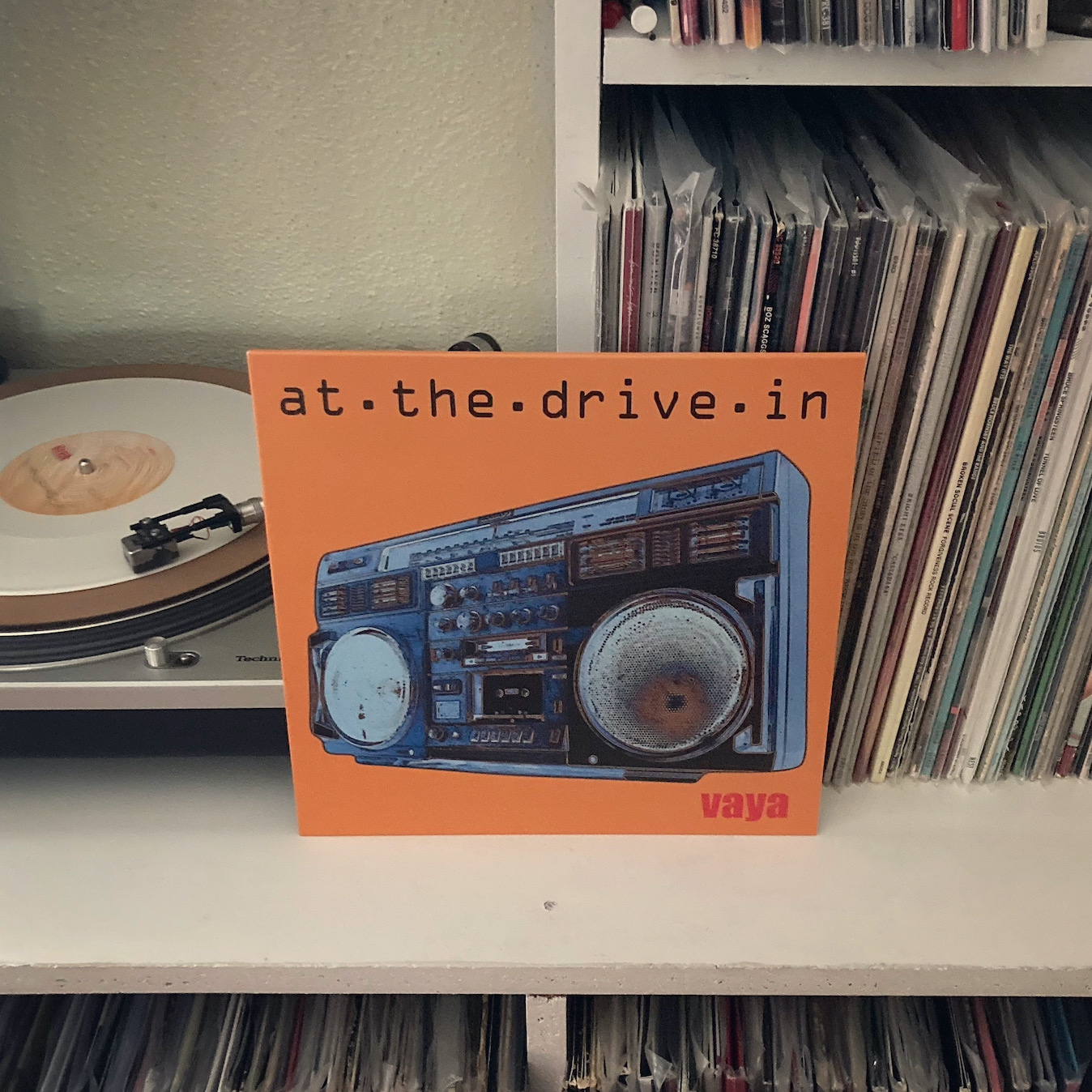
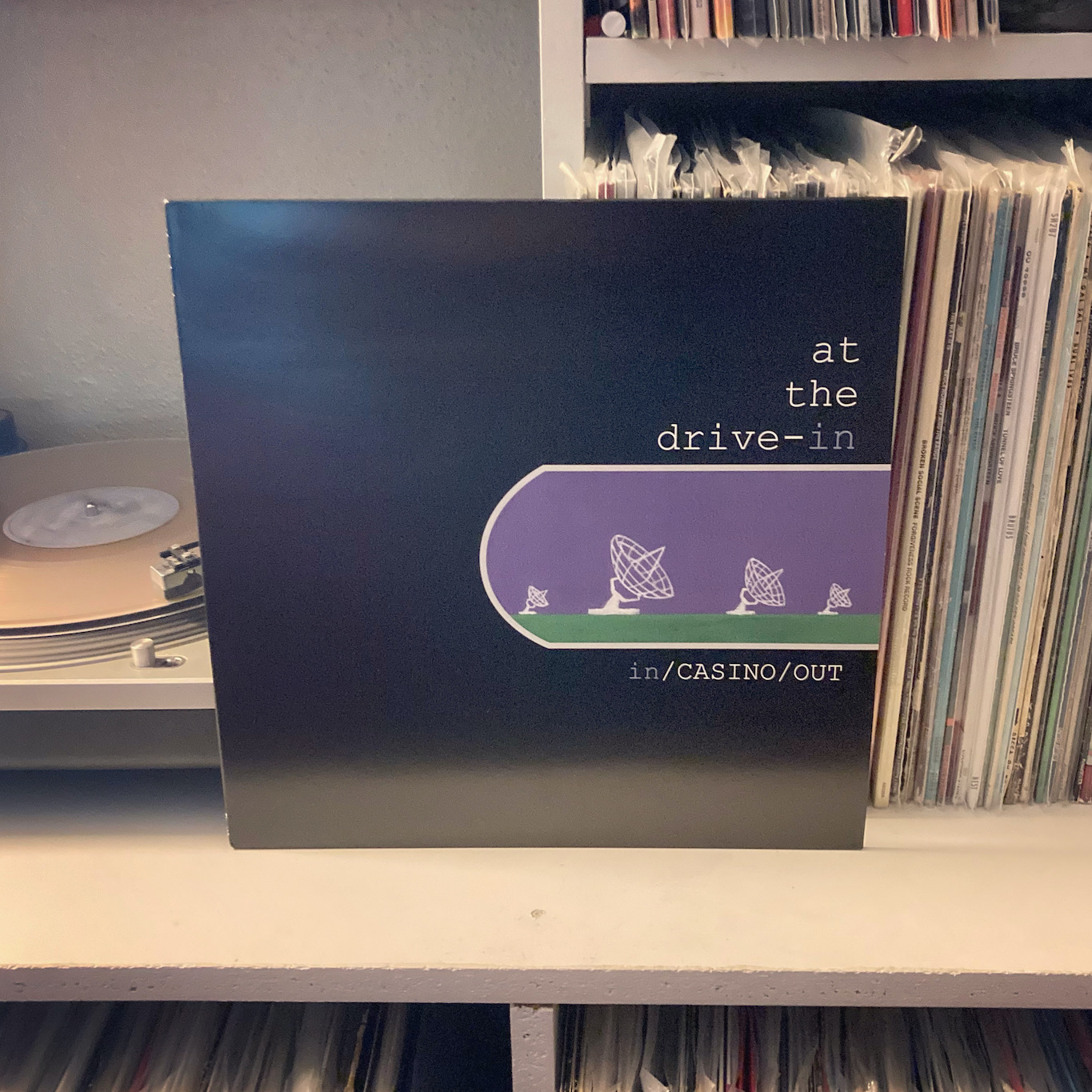
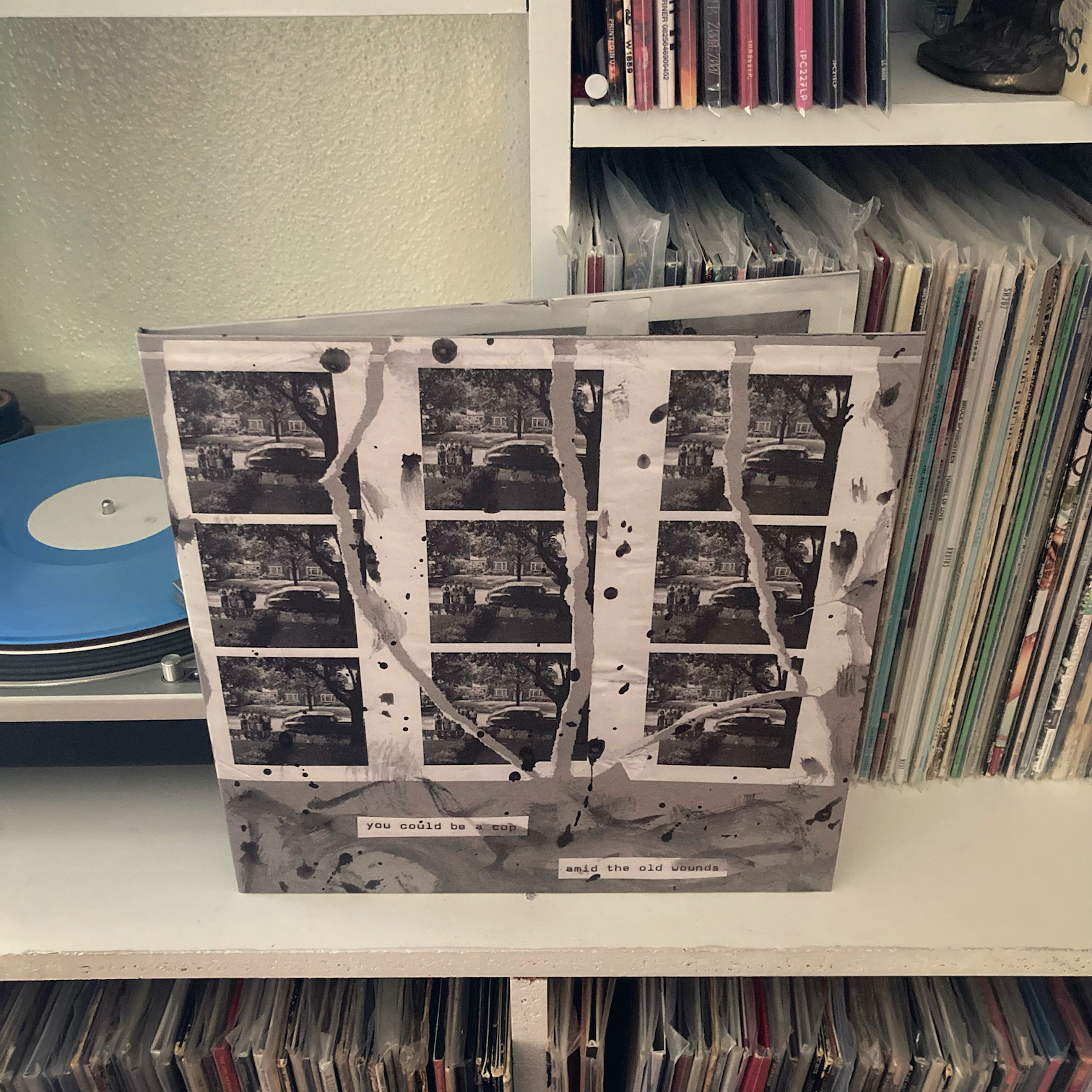
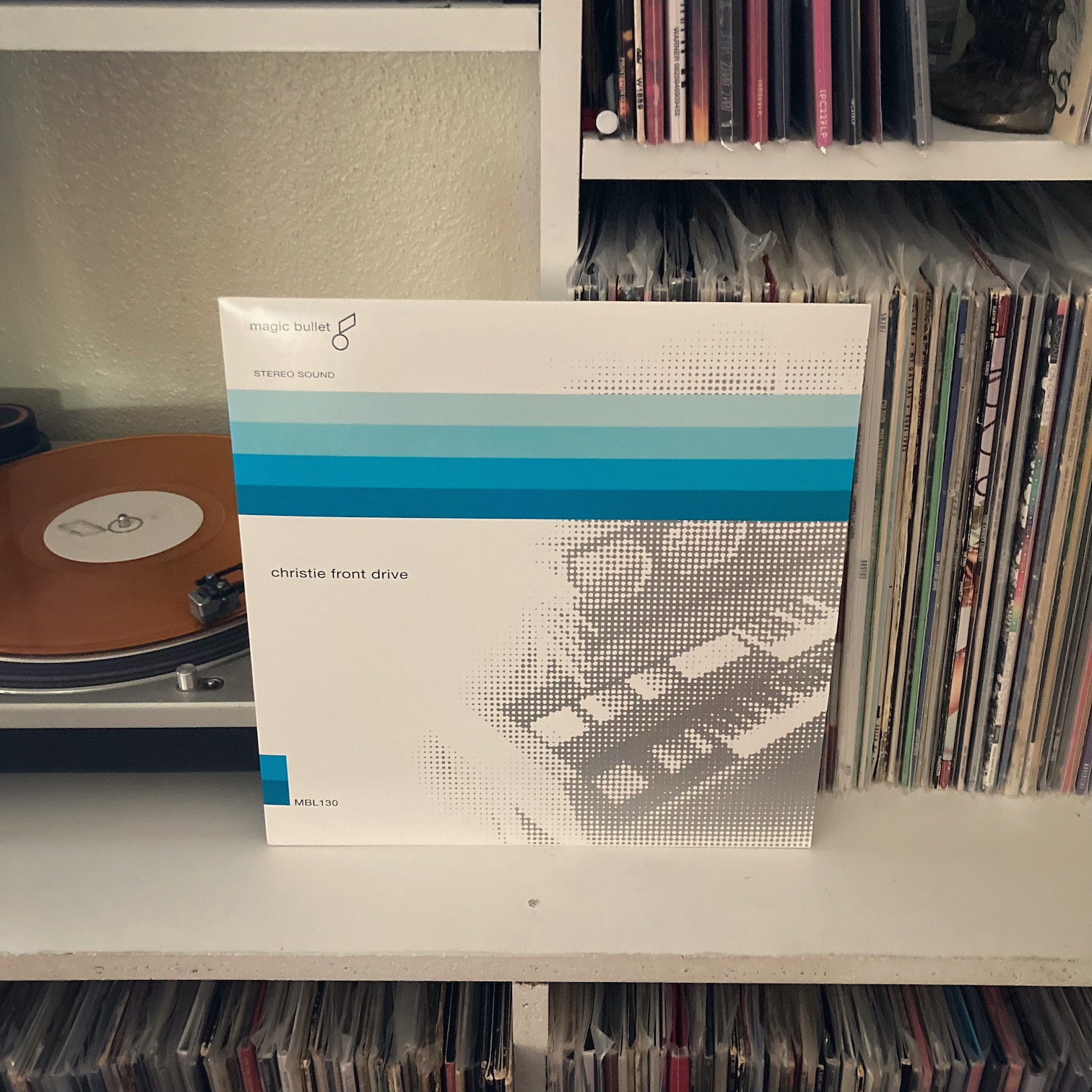
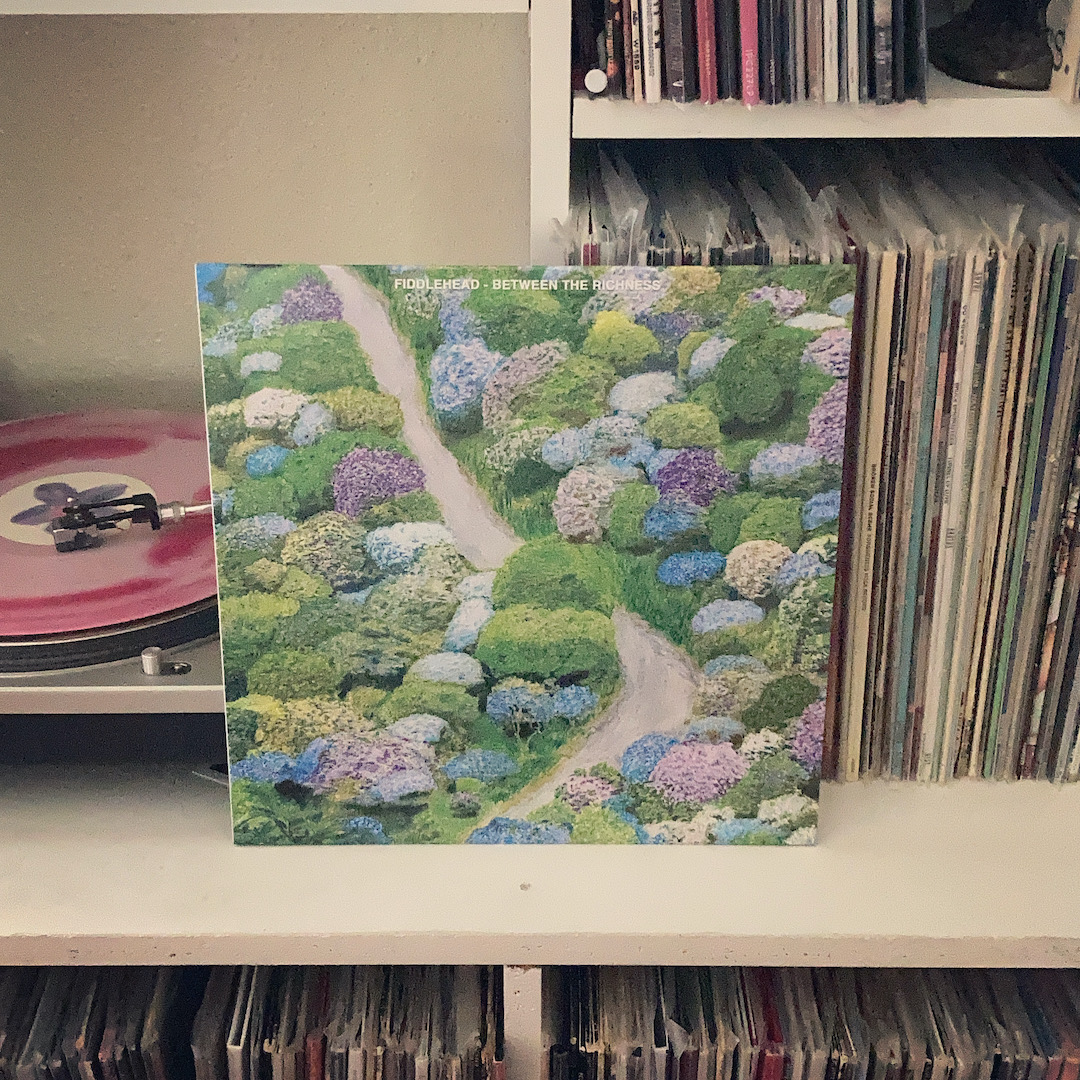 In 2018, members of hardcore legends Have Heart and post-hardcore heroes Basement released
In 2018, members of hardcore legends Have Heart and post-hardcore heroes Basement released  Looking back, it makes no sense that
Looking back, it makes no sense that  It feels bizarre to remember now, but by the time 2000 rolled around, many people had felt that the emo scene was already waning—after all, Sunny Day Real Estate had already broken up and had a reunion. Mineral had been defunct for two years. And even those stalwarts were considered to be latecomers—and even imposters—to a scene rooted in emotional hardcore bands like Rites of Spring and Embrace.
It feels bizarre to remember now, but by the time 2000 rolled around, many people had felt that the emo scene was already waning—after all, Sunny Day Real Estate had already broken up and had a reunion. Mineral had been defunct for two years. And even those stalwarts were considered to be latecomers—and even imposters—to a scene rooted in emotional hardcore bands like Rites of Spring and Embrace.